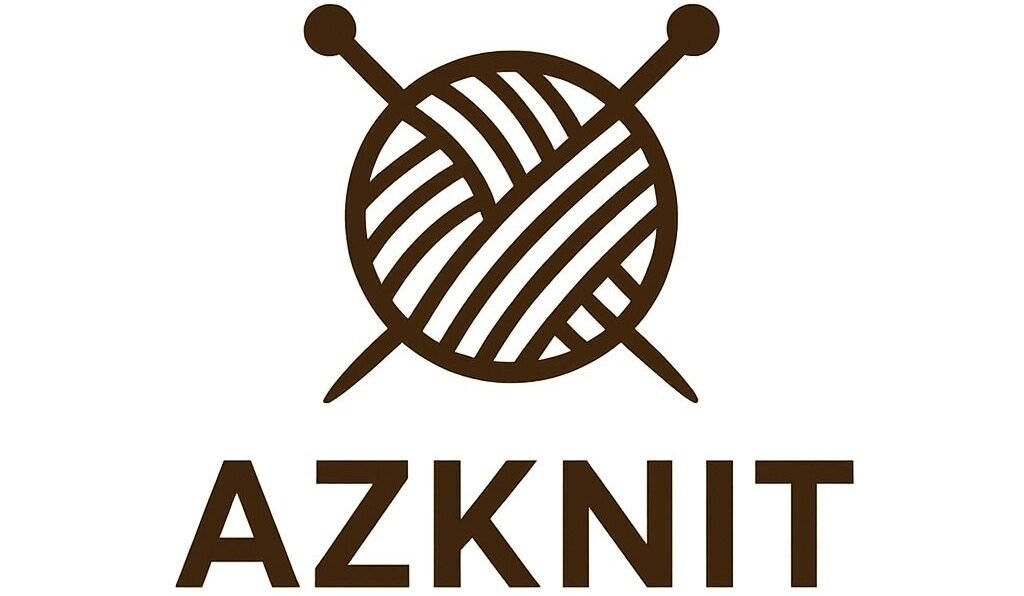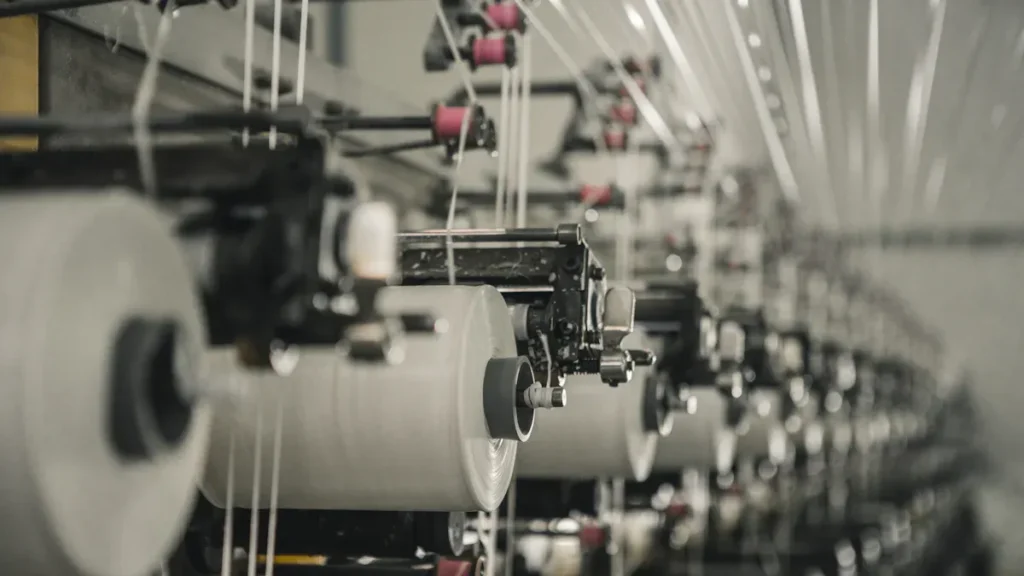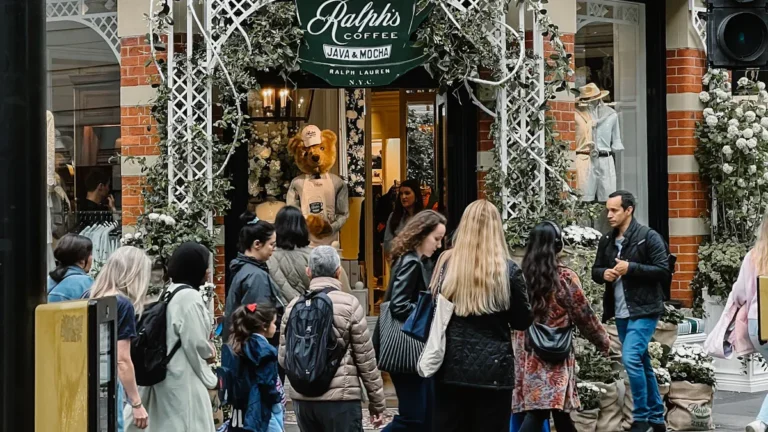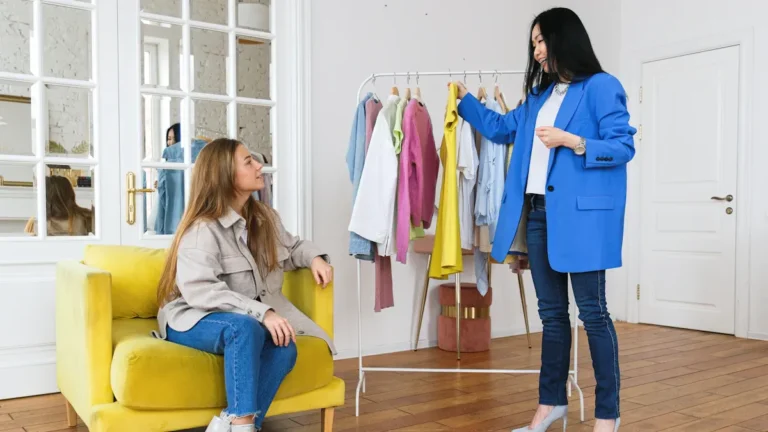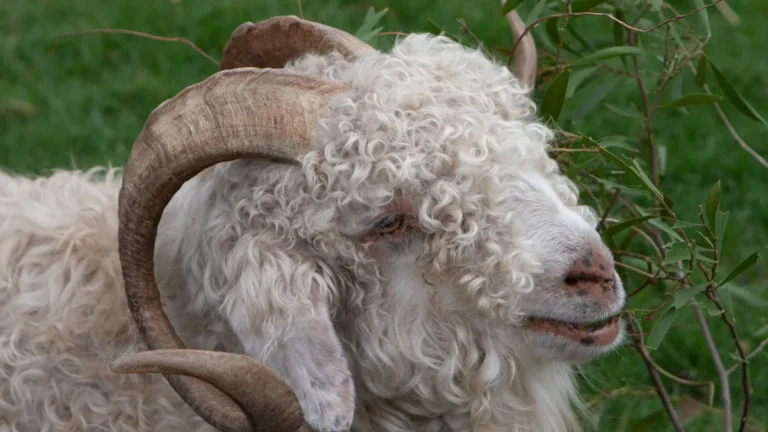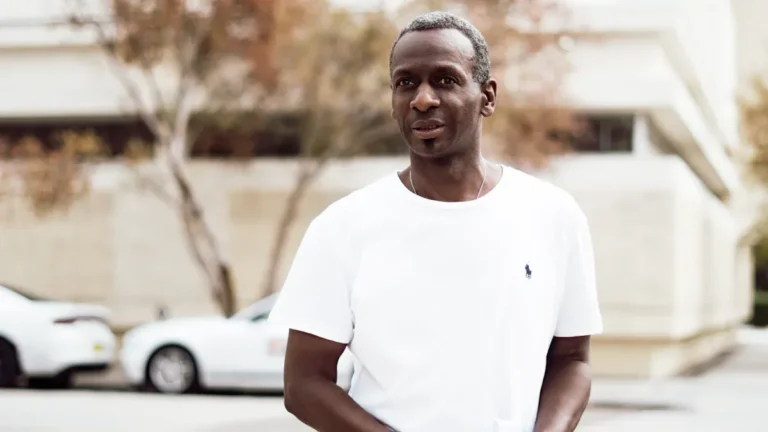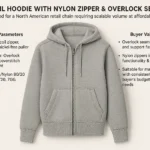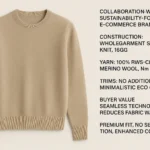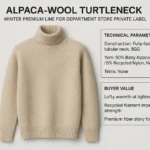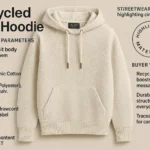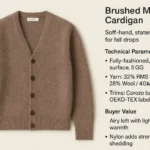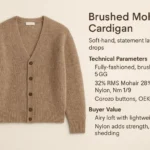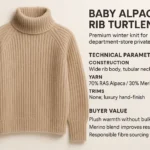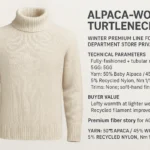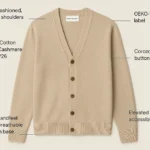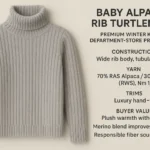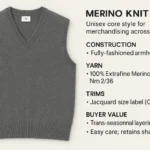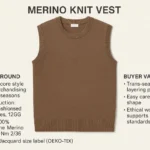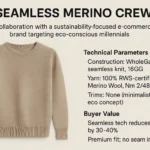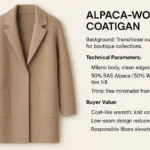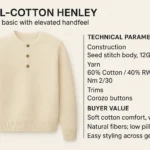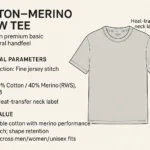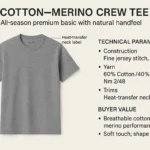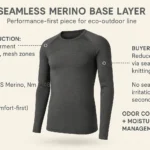
You might wonder which beanie hats are popular in 2025. Fashion experts talk about hybrid styles, like cap-beanie combos. They also mention classic picks like luxury winter beanies. Casual hats and high-performance merino wool choices are also popular. You will see materials like wool, cotton, acrylic, cashmere, fleece, and polyester. These materials are the most common. To get high-quality beanies, people look at advanced manufacturing in Vietnam or Bangladesh.
The headwear market is growing quickly. Beanies are liked by athletes and people who wear them for fun. Beanies give you warmth, style, and many ways to wear them. Read this Ultimate Guide for helpful tips and the newest style trends.
Key Takeaways
Check out popular beanie styles like fisherman, slouchy, and pom pom. Each style looks different and works for special times.
Pick eco-friendly materials like organic cotton and recycled wool. These choices help the earth and keep you looking cool.
Watch for new color trends and prints. Bright colors and fun patterns can make your beanie stand out.
Think about how beanies are made before you buy. Find brands that care about quality and use good methods.
If you buy beanies for business, choose suppliers with a strong reputation and clear talk. This helps you get good beanies on time.
Ultimate Guide: Styles

Fisherman, Slouchy, Pom Pom
You have so many choices when it comes to beanie hats in 2025. The Ultimate Guide shows you the most popular styles that everyone is wearing right now. Let’s break down the top picks:
Style | Characteristics | Purpose/Functionality |
|---|---|---|
Fisherman Beanie | Clean cuff depth, complements street style | Versatile for casual outfits |
Slouchy Beanie | Relaxed crown, softens sharp edges, can appear artsy or sporty | Comfortable for casual wear, good for bad hair days |
Pom Pom Beanie | Adds height, cheerful finish, brightens winter outfits, photogenic | Playful addition to outfits, enhances shorter jackets |
You see fisherman beanies everywhere. They look short and neat, frame your face, and go great with denim and boots. Slouchy beanies feel relaxed and soft. You can wear them for a chill, artsy look or even for sporty days. Pom pom beanies bring a cheerful vibe. They add a fun touch to your winter outfit and make you stand out in photos.
Oversized slouch beanies are also trending. Many celebrities and influencers love them. These hats give you a cozy, laid-back look. Integrated scarf designs are popping up too. They keep you warm and stylish at the same time.
Color Trends & Prints
This year, you get to play with bold colors and vibrant hues. The Ultimate Guide highlights how beanie hats in 2025 are all about making a statement. You will see shades like Mocha Mousse, bright reds, and electric blues. Leopard prints and retro patterns are everywhere. These prints let you show off your personality and make your beanie unique.
Fashion is moving toward more personalized and custom designs. You can pick a beanie that matches your mood or your outfit. If you want to stand out, try a beanie with a wild print or a bright color. If you like a classic look, stick with earth tones or soft pastels.
Styling Tips
You might wonder how to wear your beanie for different occasions. The Ultimate Guide gives you easy tips for every setting:
For a casual everyday look, pair a simple cuffed beanie with jeans, a hoodie, and sneakers. This combo never goes out of style.
If you commute to work, a beanie works well with modern officewear. Match it with a smart coat or jacket for a polished look.
Heading outdoors? Wear your beanie with hiking gear like fleece tops and technical jackets. You stay warm and look ready for adventure.
Want to dress up? Try a fisherman beanie with a structured coat or blazer. This adds a touch of sophistication to your outfit.
Tip: Oversized slouch beanies are perfect for days when you want to hide messy hair or just feel extra cozy.
You can also follow the lead of celebrities who choose eco-friendly materials. Sustainability is a big trend, so look for beanies made from organic cotton or recycled polyester. This way, you stay stylish and help the planet.
The Ultimate Guide helps you find the right beanie for every mood, outfit, and occasion. Try different styles, colors, and prints until you find your favorite look.
Materials

Eco-Friendly & Sustainable
People talk a lot about sustainability now. In 2025, eco-friendly beanie hats are very popular. They show you care about the earth and want to help. Many brands use materials that cut down on waste. These materials also protect nature. Here are some top sustainable materials you will see in beanie hats this year:
Material | Benefits |
|---|---|
Organic Cotton | Reduces environmental impact, supports sustainable farming practices. |
Recycled Wool | Lowers carbon footprint, repurposes waste materials. |
Hemp | Naturally sustainable, requires less water and pesticides to grow. |
You can find these materials in stores and online shops. They let you help the planet with every purchase. The eco-friendly headwear market is growing fast. It is worth about $780 million each year. More people want hats made from recycled or organic fibers. Recycled PET fabrics are in almost half of new beanie launches. You will also see certifications like the Global Recycled Standard on many hats. These labels help you find real sustainable choices.
The eco-friendly headwear market grows by 8.2% each year.
Recycled PET (rPET) fabrics are in 42% of new beanie launches.
Certifications like GRS are now needed for big stores.
When you pick a sustainable beanie, you help the earth. You also join a group of people who care. The Ultimate Guide says to check for these materials and certifications before you buy.
Cashmere & Other Luxury Yarns
Sometimes you want a beanie that feels really special. Luxury yarns like cashmere give you a soft and warm feel. Cashmere beanies are light but keep you cozy on cold days. They look nice and feel great on your skin. But there are good and bad things about cashmere.
Cashmere Advantages | Cashmere Disadvantages |
|---|---|
Exceptionally soft | Very expensive ($100-$300+) |
Lightweight yet warm | Extremely delicate |
Luxurious feel | Requires hand-washing |
Hypoallergenic | Prone to pilling |
Elegant appearance | Can lose shape |
Long-lasting if well cared for | Not practical for everyday wear |
Limited durability with regular use |
A cashmere beanie feels like a treat. But you must take care of it gently. Cashmere is best for special days or when you want to feel fancy. If you want a hat for every day, try blends with merino wool or other soft fibers. These blends are comfy and warm. They do not cost as much or need as much care.
Textures & Tech Features
Beanie hats in 2025 do more than keep you warm. You can find new textures and smart features in many hats. Some beanies use temperature-regulating fabrics. These help you stay comfy even when the weather changes. Some hats have built-in scarves or headphone pockets. These features make your beanie useful and stylish.
Temperature-regulating fabrics keep you comfy in any weather.
Built-in scarves give you extra warmth and style.
Headphone pockets let you listen to music easily.
New material technology makes beanies warmer and tougher. Here are some cool features you might see:
Feature | Description |
|---|---|
Graphene-heated film | Provides even heating without hot spots, tested in extreme cold conditions. |
Dual-layer Thermal Air Cushion | Traps air for insulation and regulates head temperature. |
Excellent Insulation | Retains heat well, uses far-infrared tech for extra warmth. |
3M Thinsulote | Offers warmth like thicker materials but stays light and comfy. |
Micro Temperature-control Chip | Lets you adjust warmth with Bluetooth, so you stay comfortable. |
Flexible Lithium Battery | Powers heating without adding bulk or weight. |
You can choose a beanie that fits your needs. Want to stay warm on a hike? Pick one with thermal air cushions or 3M Thinsulote. Need to control the heat? Try a beanie with a microchip and Bluetooth. These features make your hat more than just something to wear.
When you shop for beanies, think about what you want most. Do you want eco-friendly materials, luxury yarns, or smart tech? The Ultimate Guide helps you find the right mix of warmth, strength, and comfort for every adventure.
Manufacturing Process, Design Innovations & Quality Standards
Design & Innovation
Beanie hats in 2025 have bright Y2K colors and fun patterns. Designers mix old styles with new technology. You might see hats with hand-sewn patches or special embroidery. Many hats let you add your name or pick a color you like. You can also choose a print that feels special to you. Brands use smart fabrics and cool shapes this year. Some hats have scarves or pockets for headphones built in. The Ultimate Guide shows how these ideas make each hat different and fun.
Production Process
Making a beanie hat needs skill and care. Here is how it happens:
Factories pick yarns like wool or cotton and dye them bright colors.
Makers build samples so you can see and approve them.
Workers learn how to knit each style the right way.
Details like pom-poms, embroidery, or tags get added.
Teams check the work every week and fix problems.
New machines and smart tech help factories work faster. You get hats sooner and with better quality. IoT systems help workers do more in less time. Factories make more hats and spend less money. These changes mean you can buy cool beanies at lower prices.
Metric | Value |
|---|---|
Increase in overall output | 30% |
Reduction in production cycle time | 40% |
Increase in productivity (IoT) | 20% |
Decrease in operational costs (IoT) | 15% |
Quality Control
You want your beanie to last and look nice. Factories use strong checks to make sure every hat is good.
Cutting checks make sure each piece is the right size.
In-line checks find problems early.
Finished product checks look at labels and fabric.
Packaging needle checks keep you safe from sharp things.
Visual checks spot any stitching or embroidery mistakes.
Measurement checks make sure the hat fits right.
Functionality tests try closures and adjustments.
Packaging and labeling checks make sure you get the right info.
These steps help you get a beanie that feels good and fits well. The Ultimate Guide says to look for brands that use these checks.
Important Remarks
Logo Tags
You want your beanie to stand out, right? A logo tag can make your hat unique and help people remember your brand. Most brands use woven or embroidered tags. You can place them on the cuff, side, or even the back. Some tags use eco-friendly materials, which is a great choice if you care about the planet.
Tip: Choose a logo tag that matches your brand’s style. A simple, clean tag looks modern. A colorful or bold tag grabs attention.
Washing Label Tags
Washing label tags matter more than you think. They tell you how to care for your beanie and help it last longer. You might see symbols or short instructions. Always check the label before you wash your hat. Some beanies need hand washing, while others can go in the machine.
Here’s a quick guide:
Symbol | What It Means |
|---|---|
🧼 | Hand wash only |
🌀 | Machine washable |
🚫🔥 | Do not tumble dry |
🧺 | Dry flat |
If you want your beanie to stay soft and keep its shape, follow these care tips!
Size (Combine s&m, L&XL)
Beanie sizing can get confusing. Many brands now combine sizes to make shopping easier. You often see two main size groups: S&M (Small & Medium) and L&XL (Large & Extra Large). This helps you find a good fit without guessing.
S&M fits most teens and adults with smaller heads.
L&XL works for bigger head sizes or if you like a looser fit.
Try your beanie on if you can. If you shop online, check the size chart before you buy.
Packing
Good packing keeps your beanie safe and looking fresh. Brands use different packing styles. Some use simple poly bags. Others use eco-friendly paper wraps or custom boxes. If you order in bulk, you might get your hats in cartons with each beanie in its own bag.
Individual bags keep hats clean.
Custom boxes make great gifts.
Eco-friendly wraps show you care about the environment.
If you run a business, nice packing can make your brand look more professional and help you stand out.
Wholesale & Sourcing
Suppliers & Partners
You want to find the right supplier for your beanie hats. The best partners help your business grow and keep your customers happy. When you look for a supplier, check these important points:
Reputation: Pick suppliers with a strong track record. Good reviews mean you can trust them.
Experience: Choose manufacturers who have made beanies for years. They know how to deliver quality.
Materials: Ask about eco-friendly options like rPET. These show you care about the planet.
Customization Options: Make sure you can pick styles, colors, and designs that fit your brand.
Customer Service: You need clear and fast communication. This helps you solve problems quickly.
Pricing Structures: Look for fair prices. Watch out for hidden fees.
Delivery Timelines: Ask for clear shipping dates. This helps you plan your sales.
You can find top suppliers in North America and Europe. Asia-Pacific is also growing fast, with many new factories and better prices.
Supply Chain
You might face some challenges in the supply chain. Global economic changes can make prices go up and down. Sometimes, new trade rules or tariffs slow down shipping. Fuel prices and labor costs can also cause delays or raise costs. You need to stay flexible and talk often with your suppliers. This helps you avoid surprises and keep your business running smoothly.
Tip: Build strong relationships with your suppliers. Good partners help you handle problems faster.
Pricing & MOQ
When you buy beanies in bulk, you get better prices. Custom beanies usually cost between $10 and $30 each. If you order a lot, the price can drop below $15 per hat. Some suppliers let you start with just 6 pieces as your minimum order.
Here are some ways to get the best deal:
Ask about free samples or early payment bonuses.
Review contracts carefully. Make sure you understand refund and replacement policies.
Talk about payment plans that fit your budget.
You can also ask for branding and custom tags. This makes your beanies stand out and helps your brand grow.
You have seen how beanie hats in 2025 mix style, smart materials, and new tech. Check out these top trends:
Trend/Strategy | Description |
|---|---|
Brands use recycled plastics and organic cotton. | |
Innovation in Materials | Eco-friendly yarns and performance fabrics lead the way. |
E-commerce Growth | More shops offer custom beanies online. |
To stay ahead, try these steps:
Move production closer to home for faster delivery.
Pick eco-friendly materials and ethical sources.
Use AI tools to find the best suppliers.
Diversify where you buy to avoid risks.
You can use this guide to spot trends, choose the right styles, and find the best sales channels. Try new marketing ideas and connect with your customers. Stay curious and keep your beanie game strong!
FAQ
How do you wash a beanie without ruining it?
Always check the care label first. Most beanies need gentle hand washing with cold water. Lay your beanie flat to dry. Avoid wringing or twisting. This keeps the shape and softness.
What size beanie should you choose?
Most brands offer S&M or L&XL sizes. Measure your head with a tape. If you like a snug fit, pick S&M. For a looser style, go with L&XL. Try on different sizes if you can.
Which beanie style is best for winter 2025?
Fisherman and oversized slouch beanies lead the trends. Pom pom styles add fun. Look for bold colors or retro prints. Choose a style that matches your personality and keeps you warm.
Can you order custom beanies in small quantities?
Yes! Many suppliers let you order as few as 6 pieces. You can pick colors, add your logo, or choose special materials. Ask your supplier about minimum order quantities and customization options.
What materials make a beanie eco-friendly?
Look for beanies made from organic cotton, recycled polyester (rPET), or hemp. These materials help reduce waste and support the planet. Check for certifications like GRS to make sure your beanie is truly sustainable.
